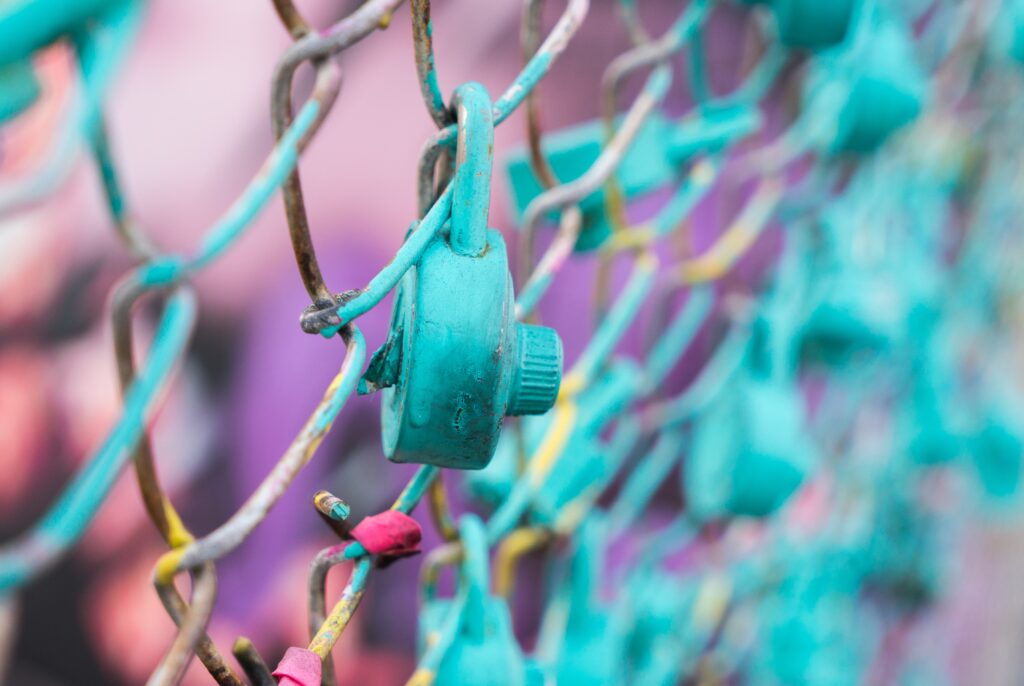
A strong password is what protects you from cybercriminals. Relying on a weak password, makes it easy for cybercriminals to gain access to your accounts, steal your identity and even take your money :0 Ask yourself: How do you know if your password is going to keep you protected or not? Here are five ways to know if you have a strong password.
Are you using the name of a pet or family member?
For lots, it’s important to have a password that’s easy to remember. That means people lean on readily available options such as the name of a pet, family member, or a favourite sports team.
The problem is that this information is relatively easy for someone to find. Just think, for example, of the number of times you’ve posted photos on social media that included a reference to your kids or dog’s name.
This means, with information so readily available, it’s also going to be easy for a cybercriminal to track it down and use it to guess your password.
Make it more difficult for cybercriminals to guess your password and you’ll be more likely to keep your accounts safe.
Use a passphrase instead of a password
For many, developing passwords is as simple as choosing a word to use, and for good reason; one-word passwords are simpler to remember.
The problem is “simple to remember” equates with “easy to guess” in the world of cybercrime.
The more cyber secure option? Go with a passphrase instead of a password.
A passphrase is a mix of random words that only you would think to combine. Ideally, each passphrase would be at least four words and at least 15 characters long.
One way to do this is to look around and create a passphrase out of the first four words you see. If you were trying to create a passphrase at a coffee shop, for example, you might end up with the following words:
- Mug
- Book
- Laptop
- Phone
The resulting passphrase is entirely unique to you – it would be next to impossible for anyone else to guess it.
Your password is unique to the account/device you are using
Many people, for the sake of simplicity, choose to use the same password for multiple accounts and devices. The problem is that if a cybercriminal can guess your password on one account or device (or they can get it from another means) then they can then gain access to all your accounts.
That’s why a cyber security best practice is to develop a unique password for every account. It might be harder to remember, but it’s the best way to foul any cybercriminals trying to gain access to your information.
Finding it difficult to remember all the passwords? Then consider using a password manager like Last Pass. It keeps all your passwords safe in one place so you don’t have to remember all of them.
You’re using strong password “tricks”
One of the best strategies for developing a strong password is to develop something so unique that only you would know it.
One “trick” we recommend: Think of a memorable sentence that only you would think of. For example: The Best Month For Basketball Is In June. Then capitalize certain characters and add numbers.
In the above case, you might end up with the following: TbmfBiiJ2733
There! You’ve got a unique password that only you could remember.
Conclusion
How do your passwords measure up?
If your password is weak in any of the above categories, consider re-evaluating and designing new ones.
After all, your password is all that protects your information, identity, and even money from cybercriminals. Make sure yours is secure.
Need some assistance with Cybersecurity? contact Rohit at [email protected] in our Managed Services department today, we would love to help!


